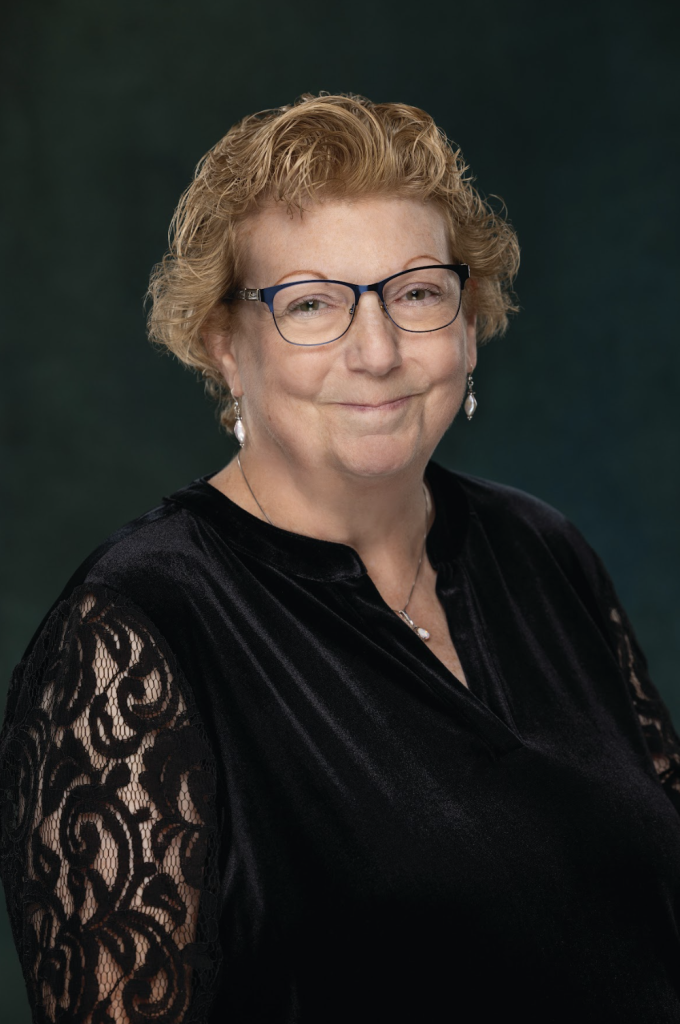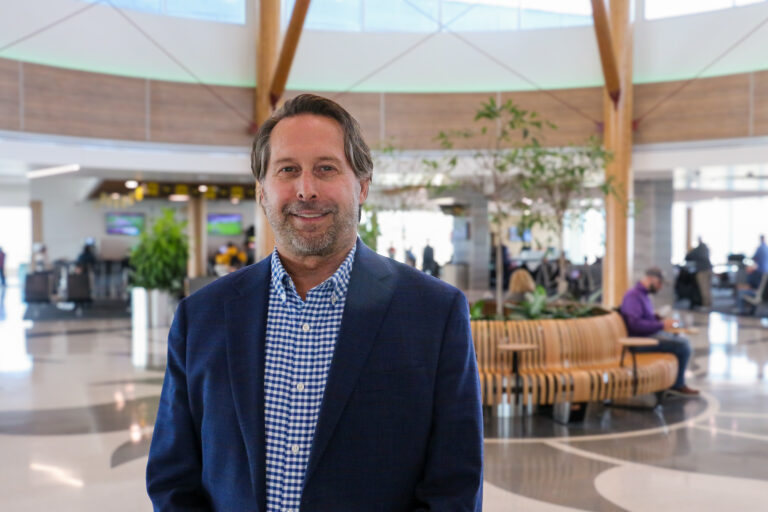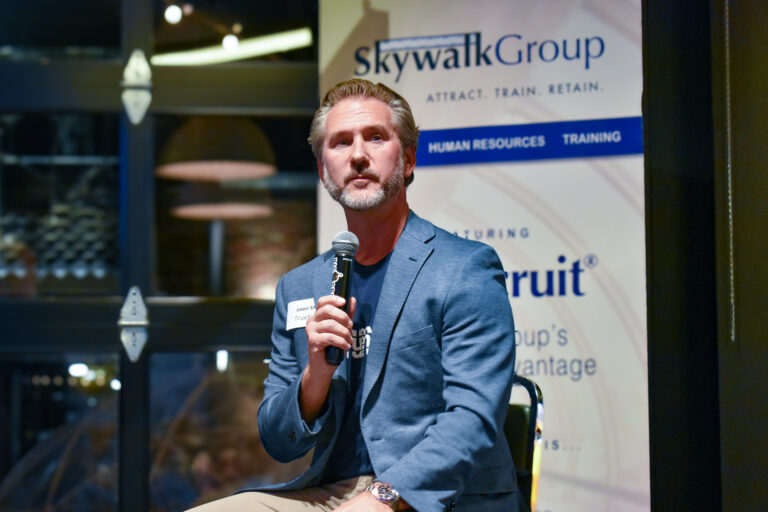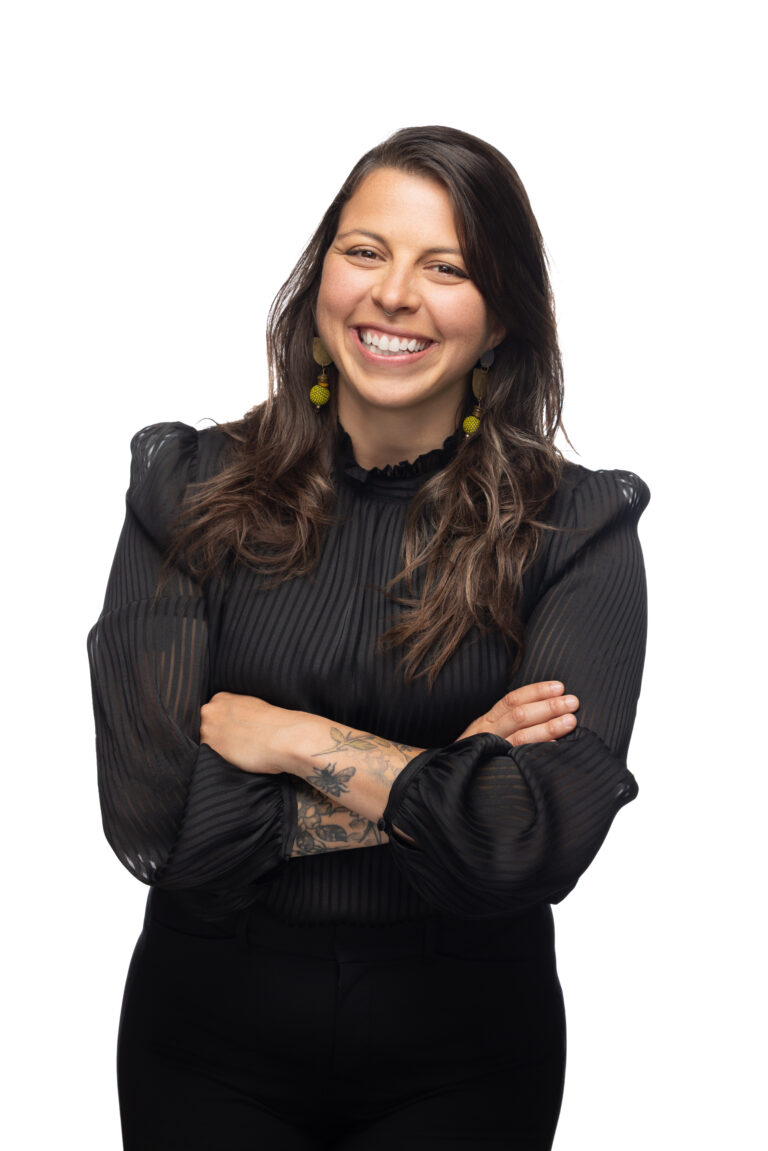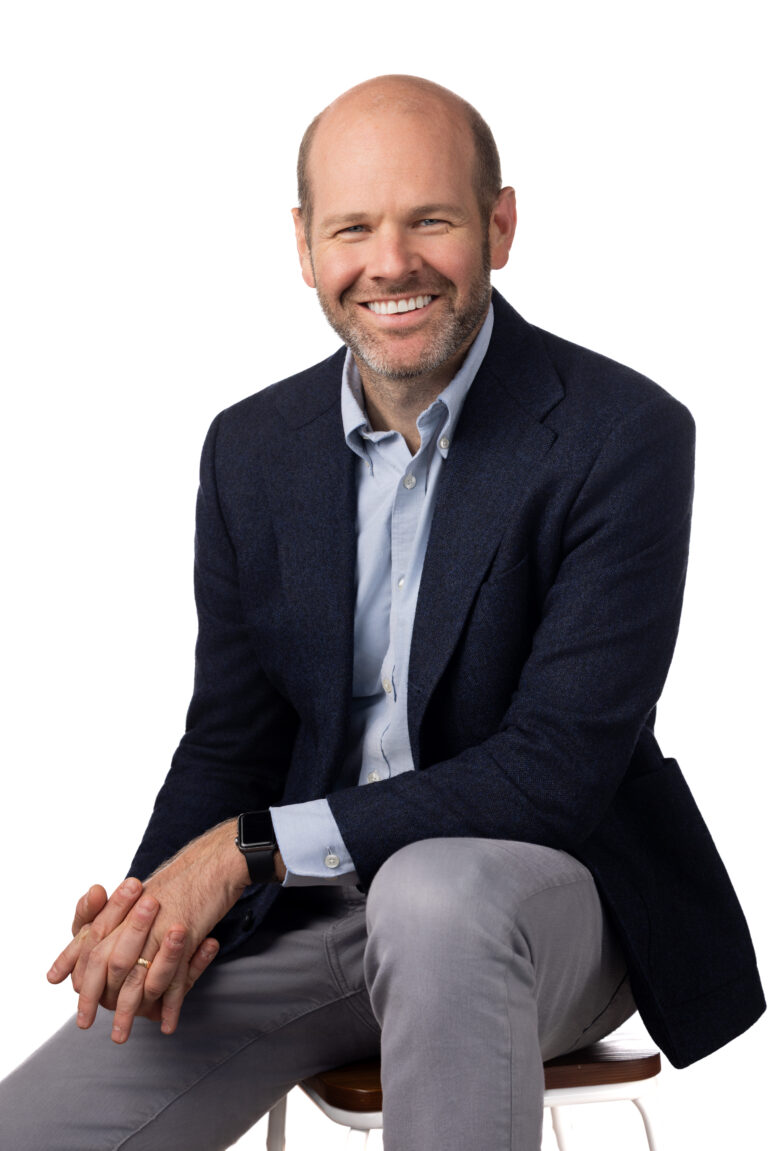
CREDIT HEIDI EIFFERT, STUDIOU
When her son became sick with a severe schizoaffective disorder around 17 years ago, Leslie Carpenter was met with more barriers than treatment. She began taking Family-to-Family classes at the National Alliance on Mental Illness (NAMI) Johnson County, one of which covered advocacy. In class, a recording was shared of a local talk given by Pete Earley, author of “Crazy: A Father’s Search Through America’s Mental Health Madness.” The book explains the shattered mental health care system in America and the reasons why.
“It honestly filled me with rage to understand why we couldn’t get our son treated for his medical condition,” Ms. Carpenter said. “And it made me realize I needed to be advocating for more people than just him.”
Ms. Carpenter and her husband, Scott Carpenter, co-founded Iowa Mental Health Advocacy in 2018, where they work to change how services and support are provided to people with serious mental illnesses on a federal, state and local government level, according to their website. The duo worked towards getting HF2456 passed, a bill to improve Iowa’s Commitment Law. The bill was attached as an amendment to the Complex Needs Bill, which was signed in March 2018 and took effect in July 2018. The bill allows people to receive assisted outpatient treatment (AOT), Ms. Carpenter explained.
The passing of the law led Ms. Carpenter to open Iowa’s first assisted outpatient treatment program — located in Johnson County — along with the state’s first civil mental health board. It took around five years to construct a stakeholder team and garner funding for the project.
“That, I think, is my bigger accomplishment,” she said. “Getting the first one started in the state.”
In 2019, she retired from her profession as a physical therapist, opting to work in advocacy full time, volunteering as a lobbyist in the Iowa Legislature. Ms. Carpenter was recruited to work as the Legislative Advocacy Manager for the Treatment Advocacy Center in 2023. The national nonprofit seeks to eliminate treatment barriers for people with serious mental illness, she said.
Ms. Carpenter said she helps keep track of legislation across the United States and connects advocates in various states where laws that improve treatment for people with serious mental illness are moving or getting passed. She works at the center part time so she can continue doing her work in Iowa, she explained.
Her next goal is to implement more assisted outpatient treatment programs across Iowa.
“Because obviously, we have 99 counties,” Ms. Carpenter said. “We need to try to get more of these type of programs established across the state.”
In her years of advocacy work, Ms. Carpenter said she has learned that a substantial amount of work and change needs to occur in regards to funding and system logistics, along with improving treatment quality and compassion.
Some of her work highlights the latter while teaching NAMI Provider Training across Iowa.
“People that are working in a broken system for a very long time, sometimes they are not providing the care as compassionately and empathetically as they could and they should,” she explained. “…It’s multifaceted. It takes extreme patience. And it takes being diplomatic and yet continuing to be the voice of people who can’t speak for themselves, because they’re far too sick.”
Ms. Carpenter teaches 3 NAMI Signature Programs (one of which being NAMI Provider) and serves on the NAMI Board of Directors. Along with her other advocacy work, Ms. Carpenter is available to speak about the mental health crisis and solutions for it. She can be reached at [email protected] or 319-331-3949.
Former NAMI executive director Peggy Huppert described Ms. Carpenter as “one in a million.”
“She does meaningful work,” Huppert said. “She has opinions about things, so she’s not one of those people who just blindly agrees and goes along with anything. She stands by her convictions and she works really, pretty fearlessly, to get these things done.”
Even while standing in the spotlight right now, Ms. Carpenter emphasized that advocating for people with mental illness is a group effort.
“None of this would have been possible without the help of a lot of people,” she said while tearing up. “So, it doesn’t happen with one person. It’s a collaborative effort, and that’s what I really want you to know. Because we need to build an army — we really do, to get stuff done.”
This profile was originally published in the CBJ’s 2024 Women of Influence publication. The 2024 Women of Influence are an inspiring group of community leaders who have each overcome adversity, taken chances and challenged themselves to make a positive impact in their community, despite demanding schedules in their personal and professional lives.
The CBJ will host the 2024 Women of Influence 20 Year Gala from 5-8:30 p.m. Thursday, May 2, at The Hotel at Kirkwood Center in Cedar Rapids. Tickets are still available to this event, which includes networking, dinner and remarks from the winners.


